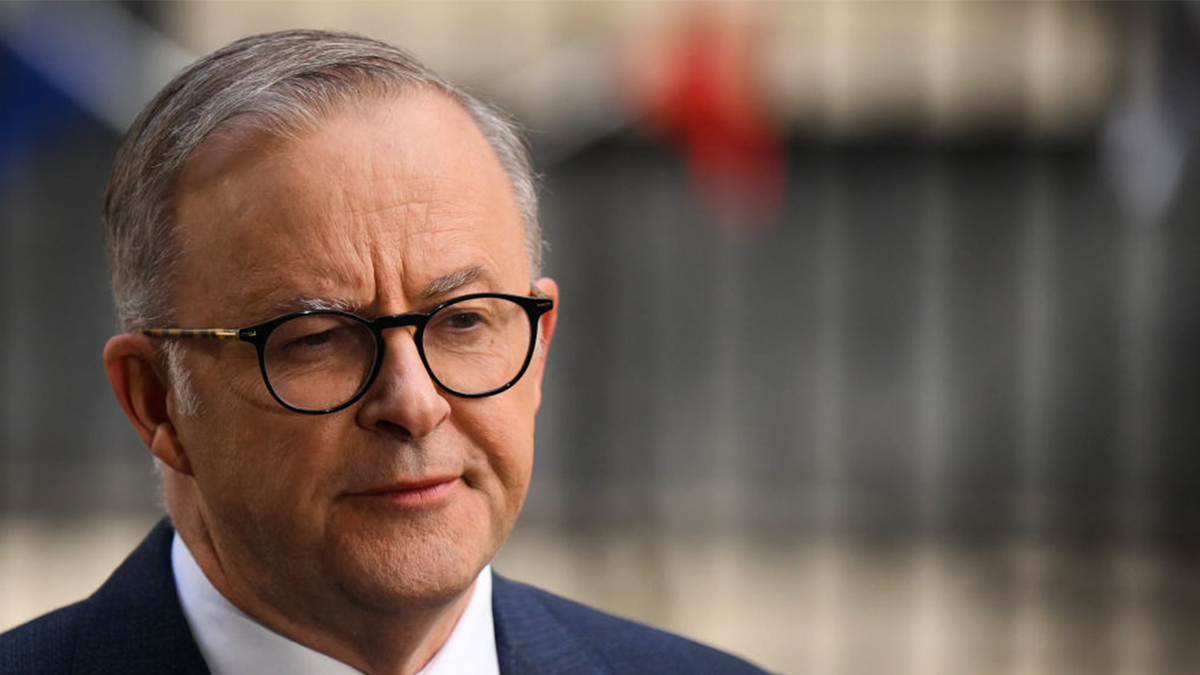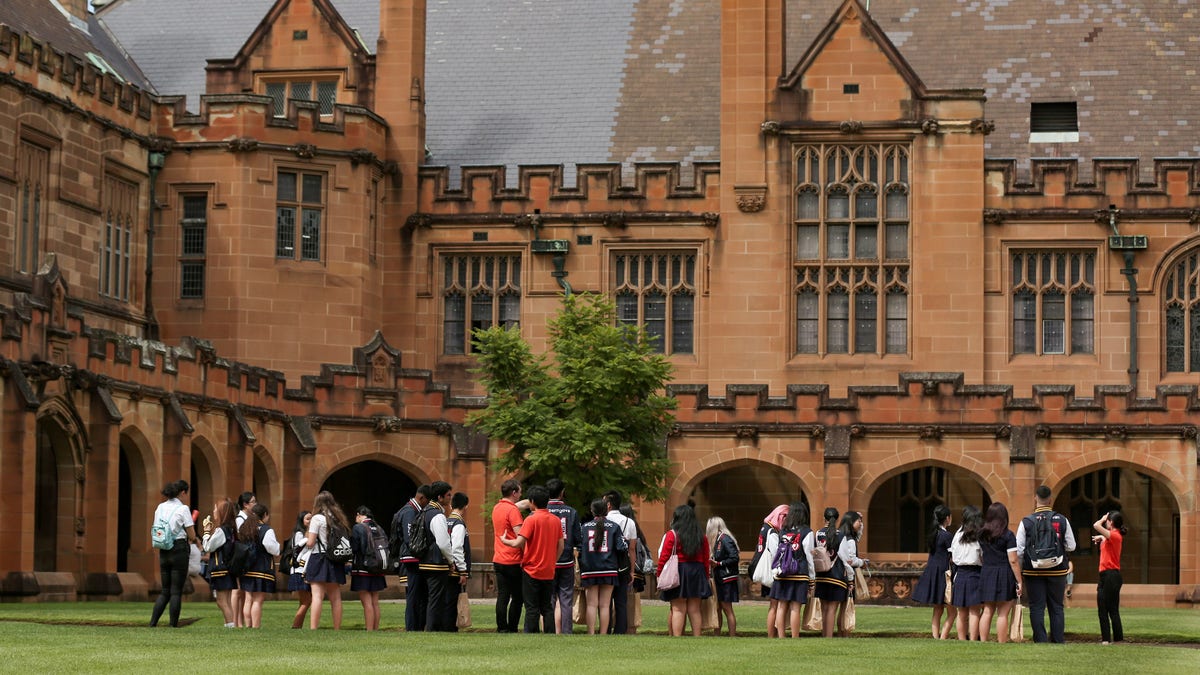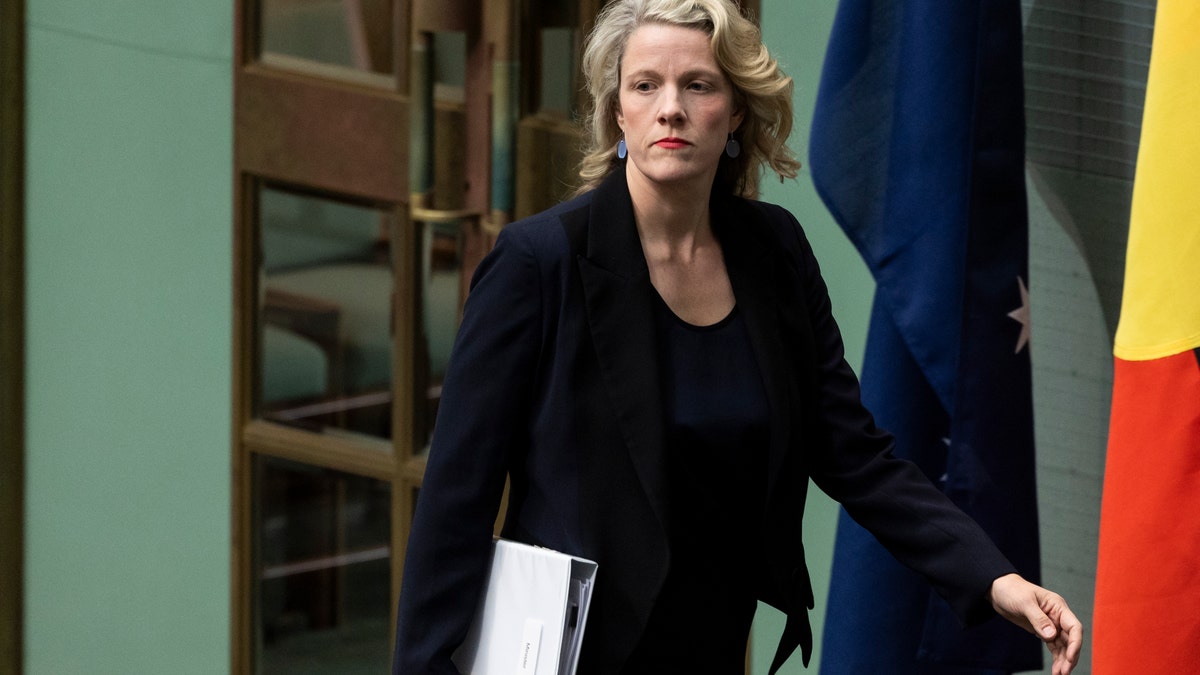Trump lays out his immigration plan at the southern border
FOX News chief Washington correspondent Mike Emanuel reports on former President Trump and GOP presidential candidate Nikki Haley’s immigration plans on ‘Special Report.’
Australian Prime Minister Anthony Albanese warned that his country had an unsustainable level of immigration and urged changes to get a handle on the situation.
"We do need to have our migration level brought to a sustainable level, and we will be releasing the details of that this week," Albanese said over the weekend. "This is a response to the fact that the system is broken."
Albanese urged the country to seek a system "that works for Australia, a system in which we’re able to access the skills we need."
Net immigration for Australia was expected to peak at a record 510,000 in 2022 to 2023, with projections that the number will fall to a quarter of a million over the next few years — a return to pre-pandemic levels — after the implementation of new policies.
Australia has pursued policies that attracted migration as a means of boosting the sagging business sector due to pandemic closures and supply chain issues.

Australian Prime Minister Anthony Albanese (Getty)
The sudden boom, however, strained an already suffering rental market, which created a number of unexpected knock-on effects.
The government now seeks to regain control of the immigration situation and to try to reach a level that it can manage: A Sydney Morning Herald survey found 62% of Australian voters felt the country’s immigration intake was too high.
ZELENSKYY VISITS WASHINGTON TO PUSH FOR MORE US MILITARY AID AS GOP ADVOCATES BORDER FUNDING
Around 650,000 foreign students attend university in Australia, many of them on their second visa, according to the BBC.

Students visit the University of Sydney, New South Wales, Australia, on March 11, 2021. (Xinhua/Bai Xuefei via Getty Images)
Opposition migration spokesman Dan Tehan said the government has reacted too slowly to the crisis as pressure continues to mount on the majority party.
In the days since the prime minister’s speech, Australia announced new rules that would tighten visa rules for international students and low-skilled workers that could result in the total intake of migrants over the next two years dropping by almost half.
CHICAGO MAYOR LAUNCHES LAWSUITS AGAINST COMPANIES TRANSPORTING ‘ROGUE BUSES’ OF MIGRANTS TO CITY
The government will also establish a new visa for highly skilled or essential workers that will reduce processing time to one week and help business recruit talent while continuing to reduce the overall intake.

Minister for Home Affairs and Minister for Cyber Security Clare O'Neil arrives for Question Time at Parliament House in Canberra. November 16th, 2023 (Xinhua/Bai Xuefei via Getty Images)
"Our strategy will bring migration numbers back to normal," Home Affairs Minister Clare O'Neil said during a media briefing on Monday, adding that the previous administration had left a system "in tatters."
CLICK HERE TO GET THE FOX NEWS APP
"But it's not just about numbers," O’Neil said. "It's not just about this moment and the experience of migration our country is having at this time. This is about Australia's future."
Reuters contributed to this report.








































